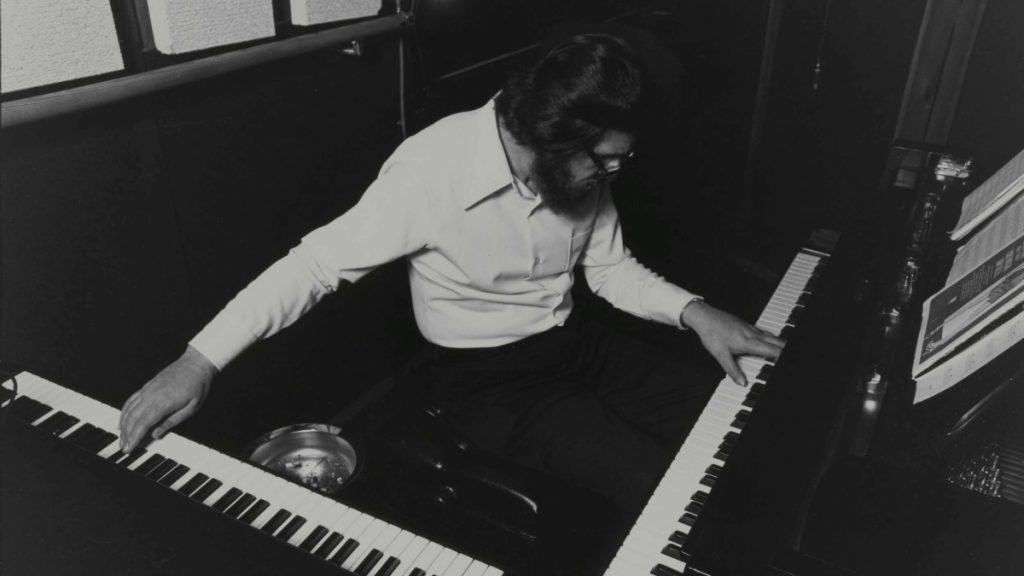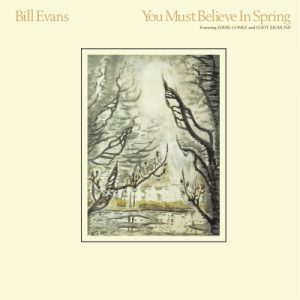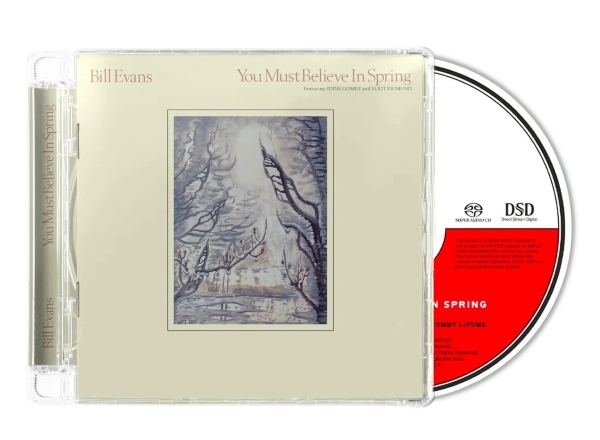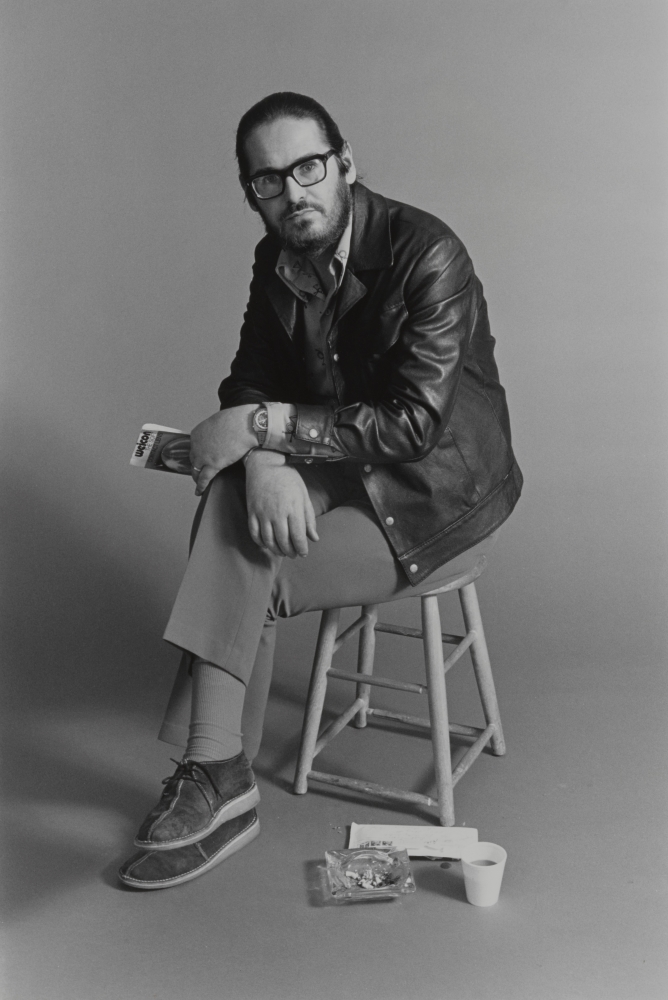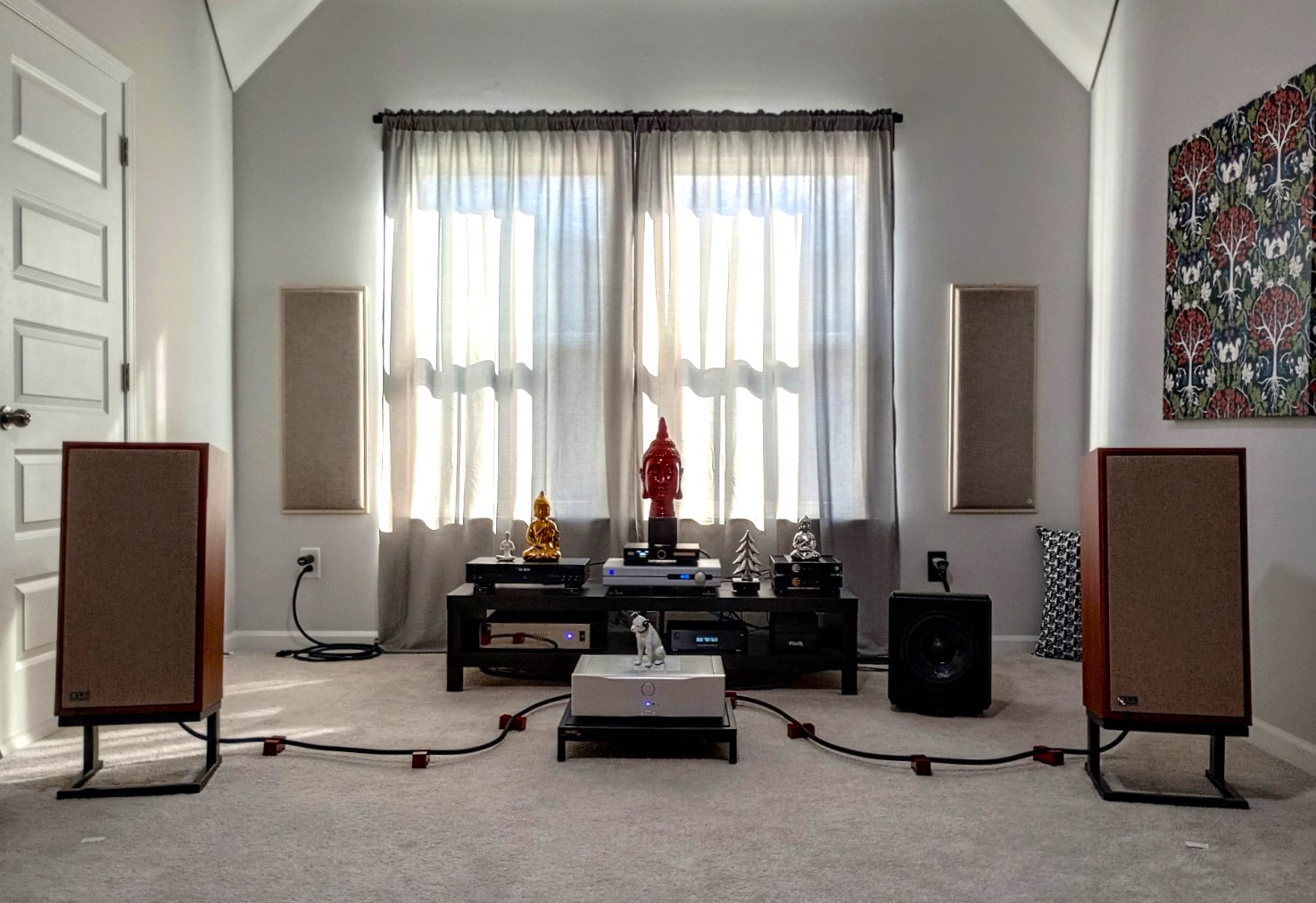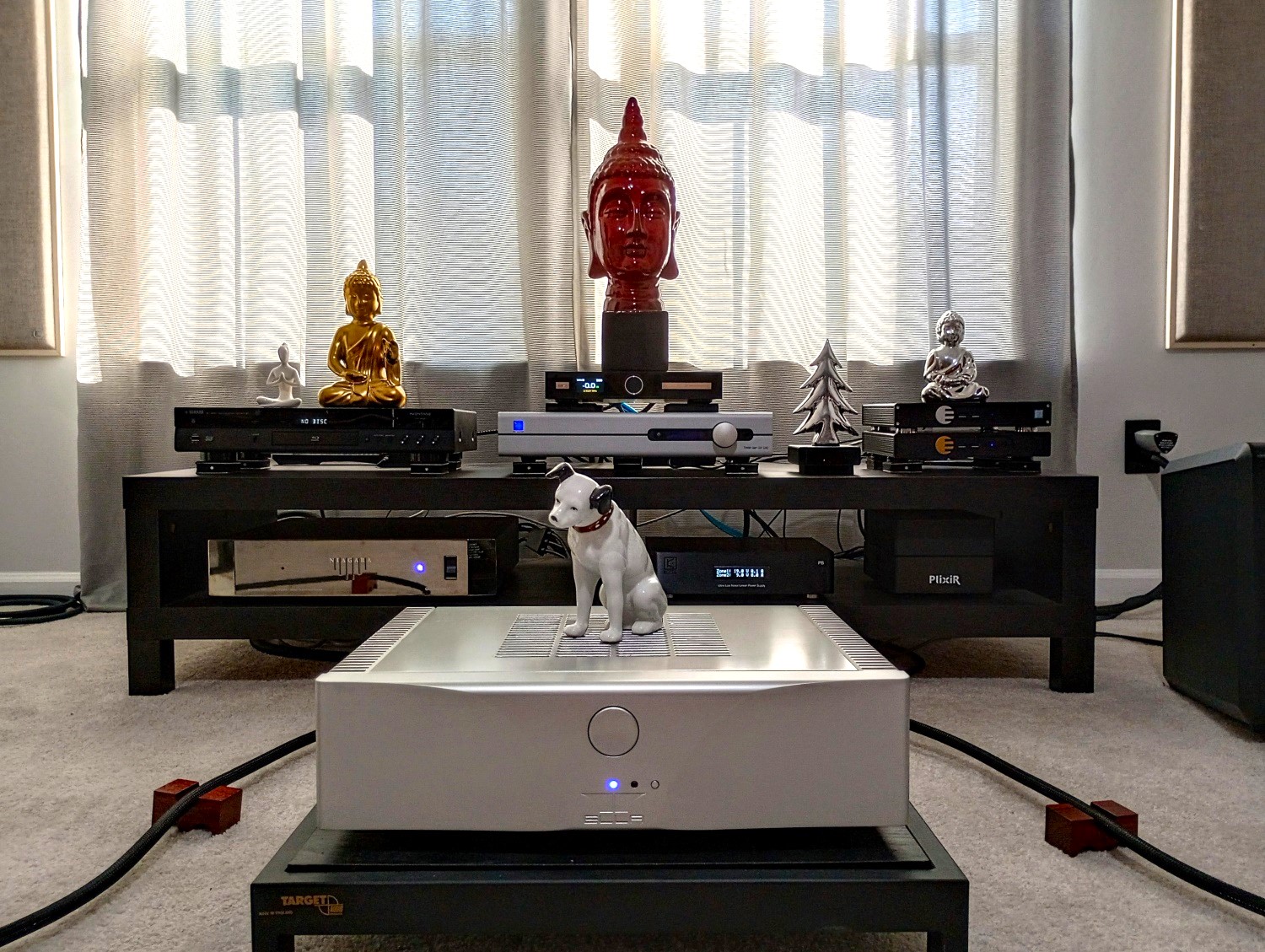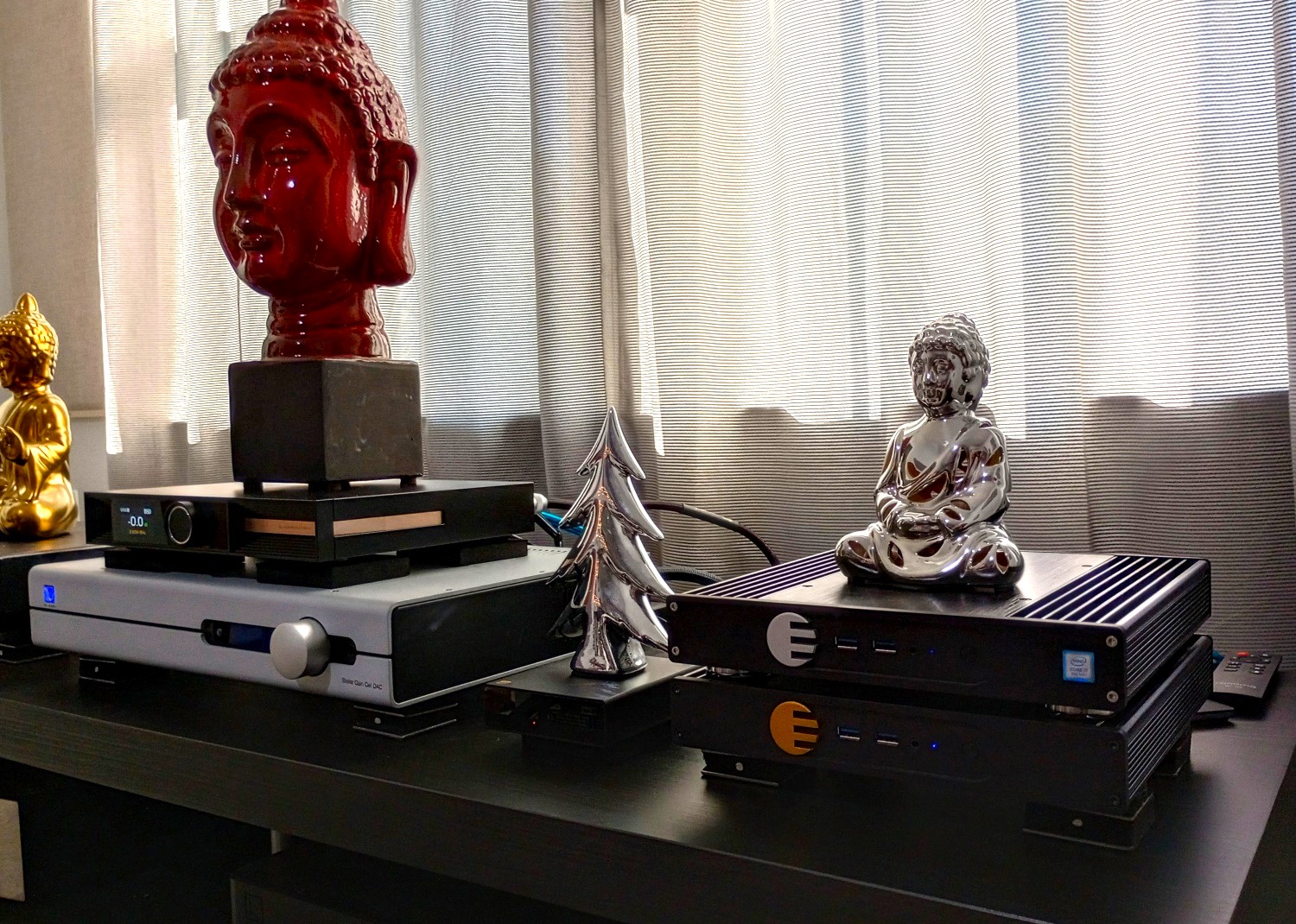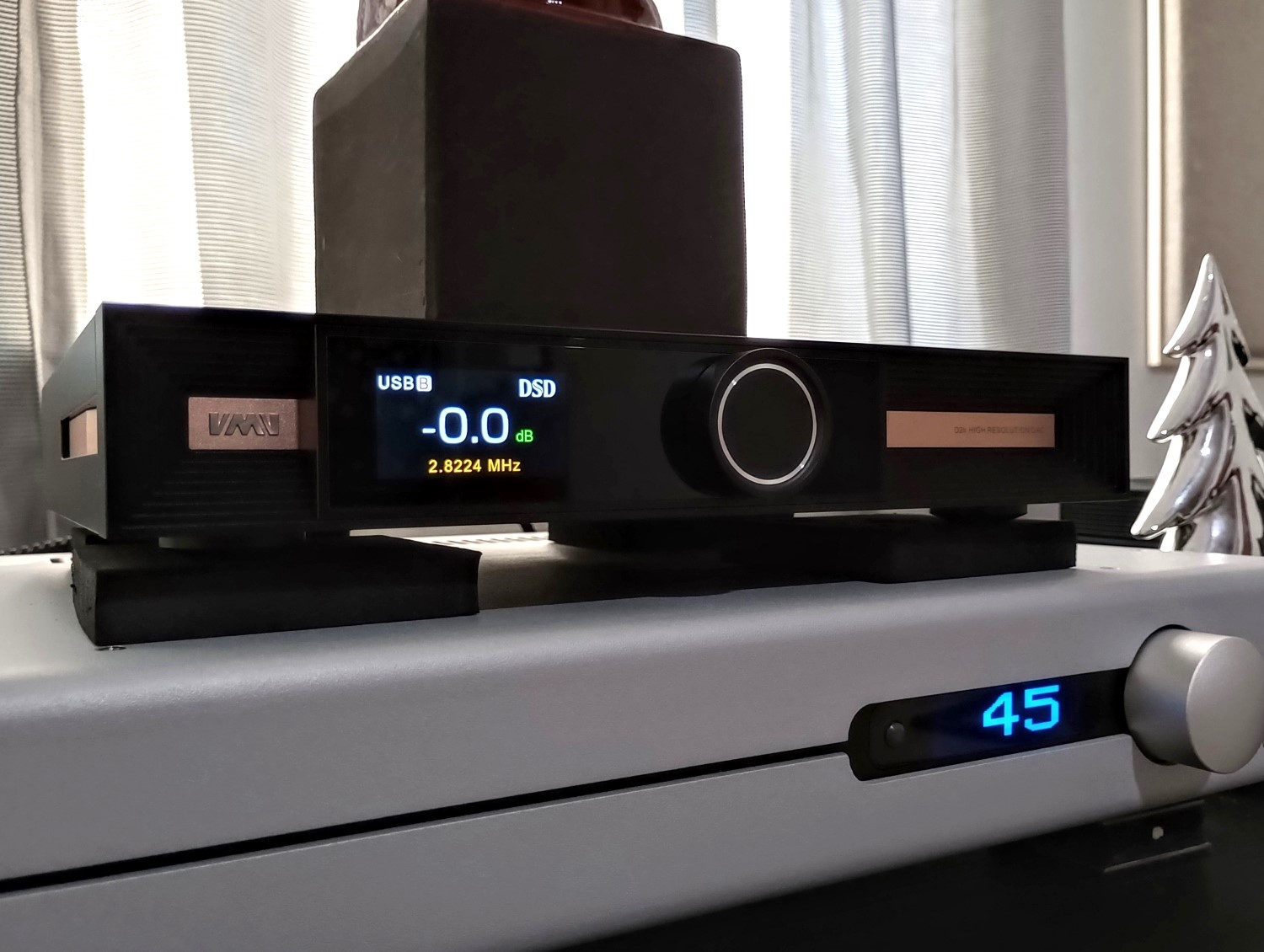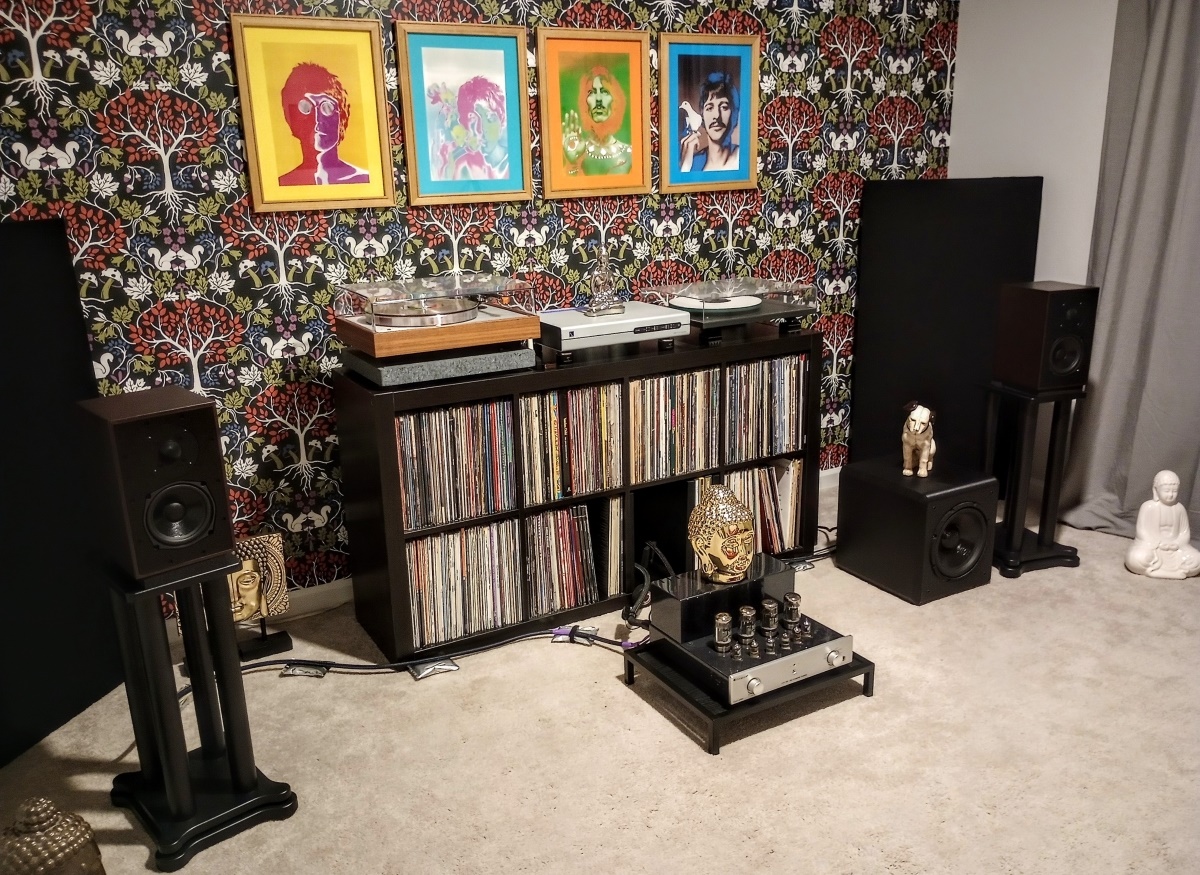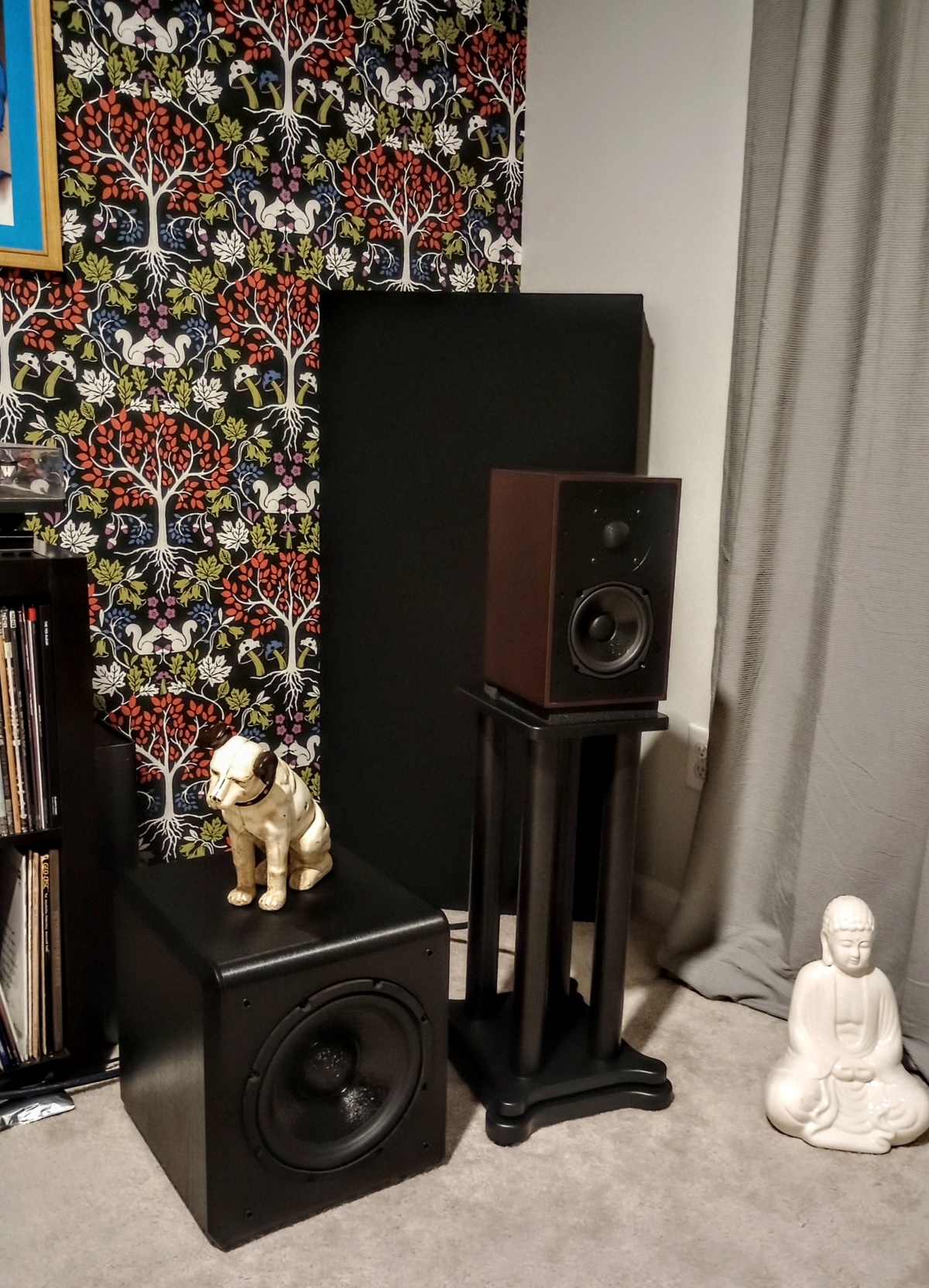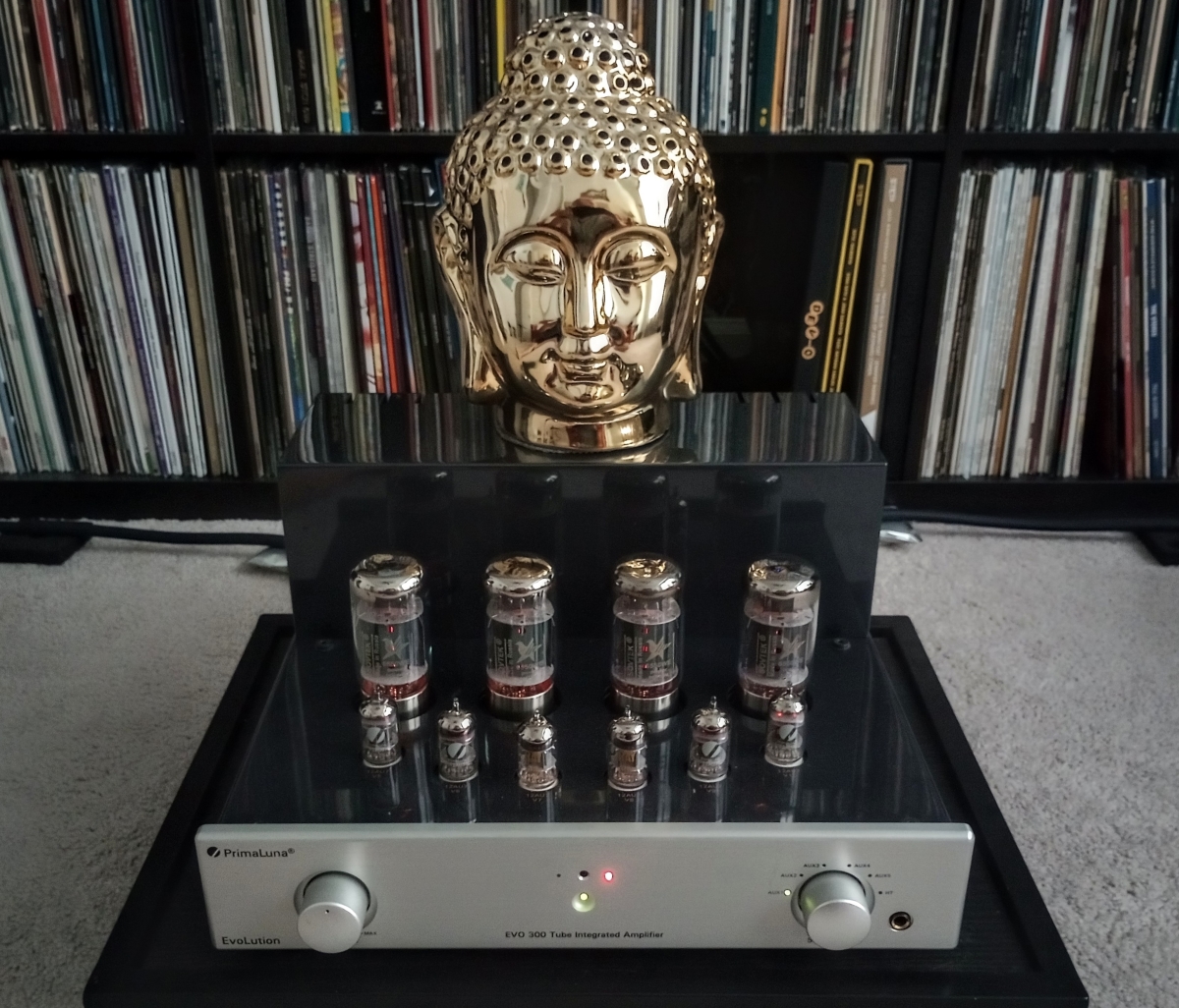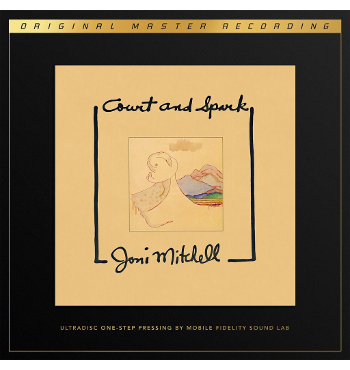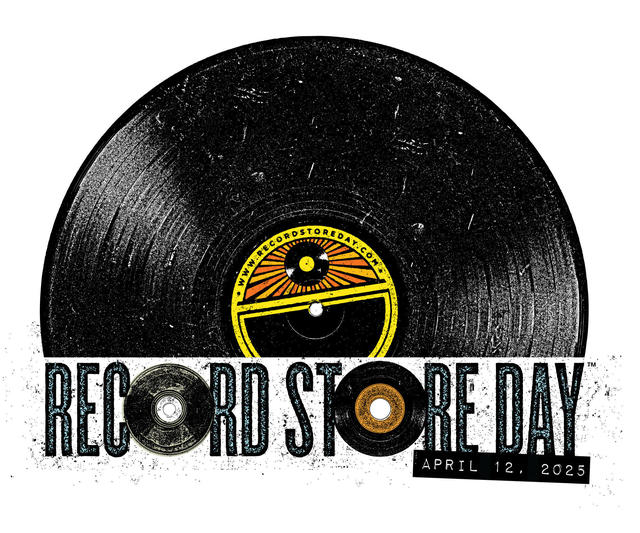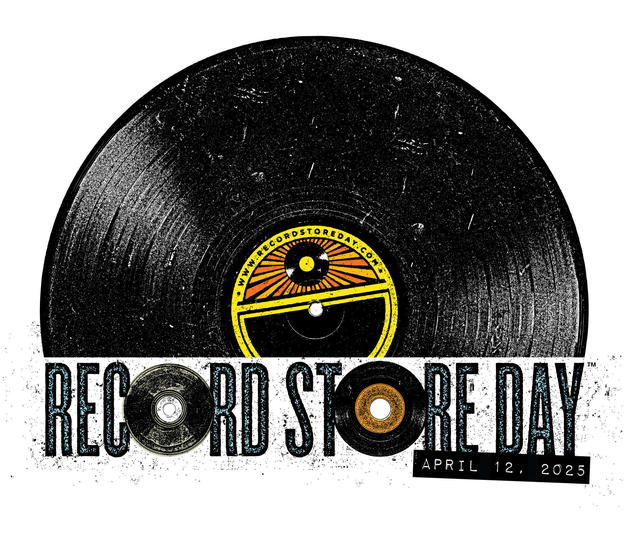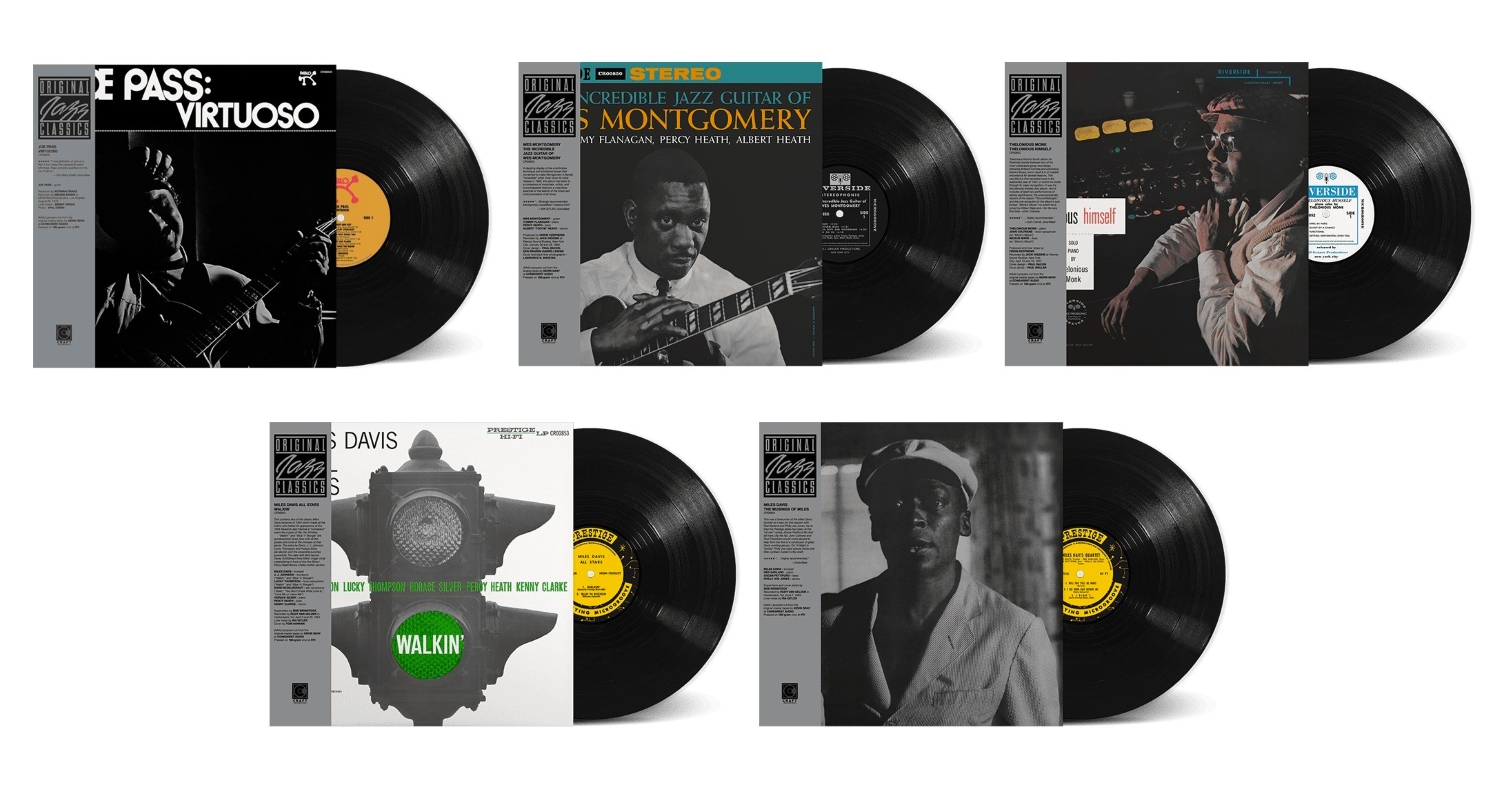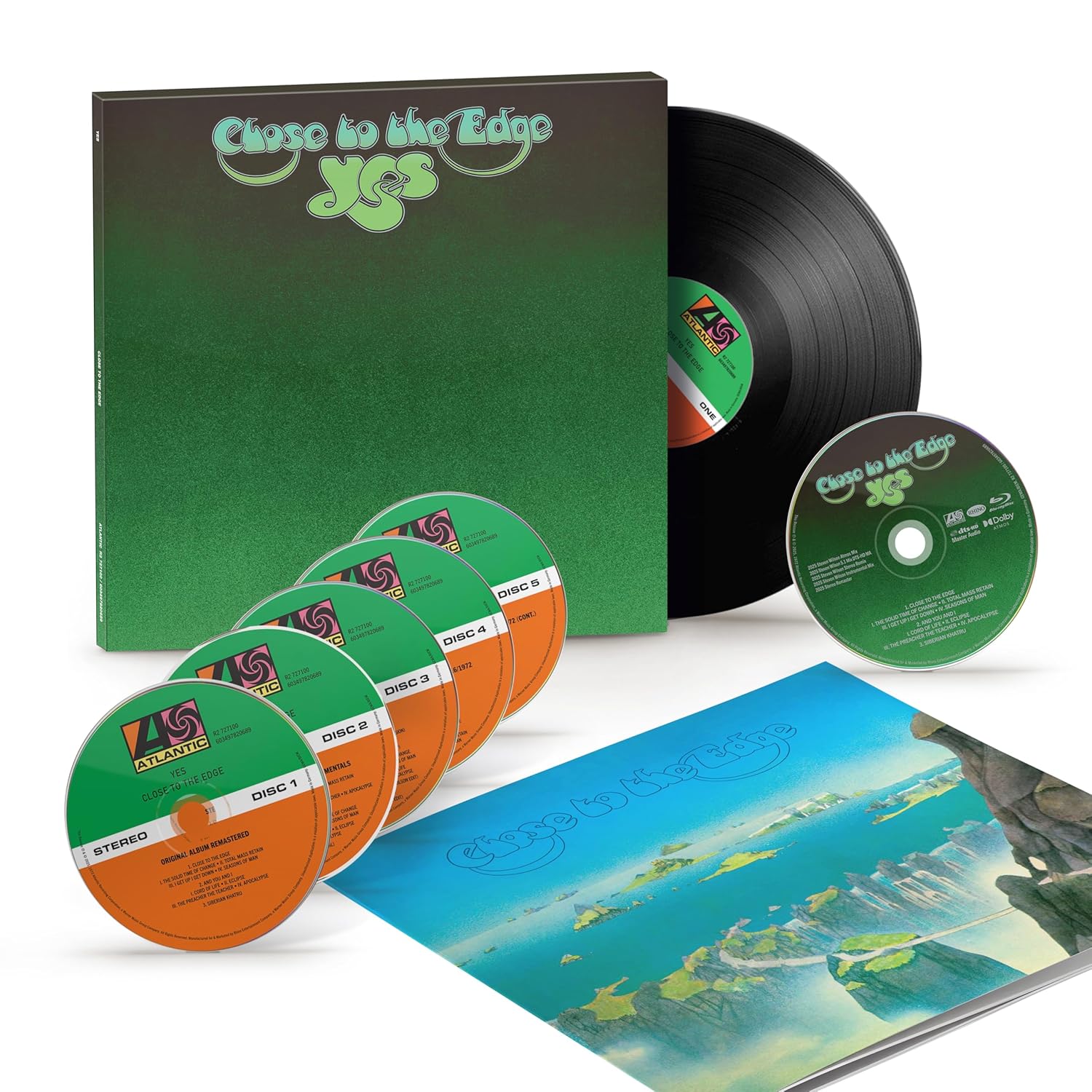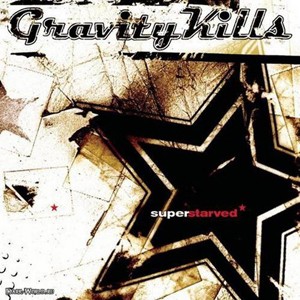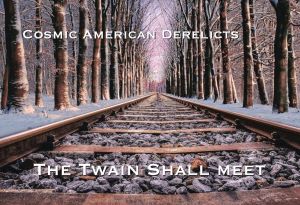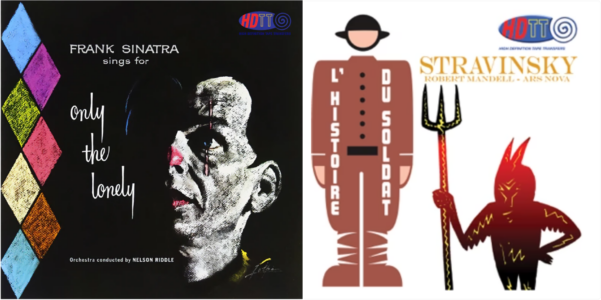I was a longtime subscriber to the now defunct Audio magazine; around the midpoint of 1981, while thumbing through the record review pages, I came across two albums that caught my eye. The first chronicled Glenn Gould's autumnal re-interpretation of The Goldberg Variations; the second documented the posthumous release of Bill Evans' You Must Believe In Spring. Despite having had relatively limited exposure to either classical music or jazz, both reviews struck a nerve with me, prompting me to explore the music of two pianists from very different spheres. In time, both Glenn Gould and Bill Evans would become two of my musical obsessions.
But not immediately; the world was entering the era of the compact disc, and the LP was going the way of the dinosaur. And I had decided I was all in with "perfect sound forever;" besides, my Harmon Kardon turntable was dying a slow death. So I didn't purchase any LPs for a prolonged period of time, which was actually a moot point because LPs were already beginning to get harder to find. And with regard to my interest in the above-mentioned albums, Glenn Gould's 1981 Goldberg Variations wasn't released on compact disc until 1986, and Bill Evans' You Must Believe In Spring didn't get a CD release until 1990!
Reaganomics was in full swing, I'd lost my job with Eastman Kodak, and I ended up working for a large commercial printer. Where my workspace was a fully-enclosed shack of a cubicle that was centered in a massive concrete-walled warehouse. The limited radio reception I could get in that dungeon gave me two stations to choose from: WCLK FM at Clark-Atlanta University, which played classic jazz, and WGKA AM, which played classical music. It was an introduction to and an education for both genres; not long after that, my wife and I attended a work-related party where a swinging jazz trio provided the entertainment. I was totally fascinated, and basically ignored all ongoings at the party and hung out near the band, totally digging it!
A local Atlanta record chain, Turtle's Records and Tapes, had tables set up with discounted jazz titles from OJC and Blue Note, and I grabbed quite a few of Bill Evans' early releases. I started schooling myself in Evans' music with his Riverside label recordings; I was particularly taken with the albums Everybody Digs Bill Evans, Portrait in Jazz, and Sunday at the Village Vanguard. And I also became aware that Evans was the main pianist on Miles Davis' Kind of Blue. I started making frequent lunch trips to a nearby Tower Records—I was becoming quite the jazz hound. Oh, and by that point, 1990 had arrived, and You Must Believe In Spring had finally been released on CD. I just about jumped out of my shoes when I saw it on a feature shelf at Tower!
As I evolved into something of a Bill Evans' completist, I couldn't help noticing that many of his later albums were live recordings, where Evans played virtually the same set list show after show. Eliot Zigmund, drummer from Evans' mid-to-late seventies trio, has stated that Evans played those tunes almost note for note at each live performance. He had a reputation for being a perfectionist, and it apparently didn't bother him that his concerts were repetitive from one show to the next. I'm not complaining, I have very few problems with this level of consistent perfection, especially if Bill Evans is behind the keyboard! That said, I was blown away by the poignant originality of You Must Believe In Spring on first listen.
You Must Believe In Spring. Stereo Hybrid SACD, $29.99 MSRP; Digital download $9.99 MSRP
The album came about when Bill Evans was signed to Warner Brothers by their A&R head Tommy LiPuma, who would also serve as executive producer of the sessions. In Marc Myers' excellent liner notes for Craft Recordings' SACD reissue, the late LiPuma recounted that Evans had been signed to a multi-album contract, and would be paid $60,000 per album. In today's dollars, that's about a quarter-million per album, which is quite a princely sum! Evans' manager, Helen Keane, would serve as co-producer, and Al Schmitt would engineer the recording sessions.
Bill Evans generally always recorded with his current working trio, which had been together for several years in advance of making You Must Believe In Spring. Bassist Eddie Gomez had been with Evans for over a decade (and 30+ albums!); drummer Eliot Zigmund joined the trio after his successful audition for Evans at the Village Vanguard in 1974. While Bill Evans played with a stellar group of musicians throughout the years, many believe the Evans/Gomez/Zigmund trio is definitely among the very best. They'd recorded multiple live and studio albums prior to the commencement of these sessions, and had developed a certain simpatico with each other's playing styles.
The recordings took place August 23 thru 25, 1977, in the cavernous Capitol Studio A in Hollywood. According to the liner notes, producer Tommy LiPuma invited Bill Evans to the studio to check out the 9-foot Steinway piano that was on hand for Evans' use. At the time, Evans had a fairly high profile endorsement deal with another manufacturer, but after a few moments at the keyboard, he okayed the Steinway for use in the recording sessions. LiPuma also noted that he had an arrangement with an ace piano tuner who traveled daily between nearby studios on a bicycle. LiPuma had him there the morning of August 23, and again that afternoon prior to Bill Evans' arrival. Engineer Al Schmitt worked out microphone placement to get a good direct capture of each player, as well as to pick up some of the massive recording studio's ambience.
The songs Bill Evans chose for the album were an expression of his difficult process in dealing with the deaths of his brother Harry and his longtime common-law partner Ellaine Schultz. The album opens with the plaintive "B Minor Waltz (for Ellaine)," which Evans wrote following her suicide. Michel Legrand's "You Must Believe In Spring" alternates between moods of melancholy and exuberance. Vibraphonist Gary McFarland's "Gary's Theme" is a song of intense lyrical poignancy that correlates well with the album's almost somber theme. The second Evans' original, "We Will Meet Again (for Harry)" was written following the death of his brother Harry, who suffered from chronic schizophrenia. Jimmy Rowles' "The Peacocks" has a haunting main theme that's uplifted by Evans' extraordinary work at the keyboard. Argentine composer Sergio Mihanovich's "Sometime Ago" was the last song Evans picked for the record, and is more uplifting in its mood, bringing a sense of resolution to an otherwise mostly contemplative and pensive album. At the point when Tommy LiPuma and Bill Evans met to discuss the album's direction, LiPuma had mentioned perhaps bringing in Johnny Mandel to conduct an orchestra on a couple of numbers. Apparently, Mandel wasn't in good health, and declined, so LiPuma suggested that the trio record Mandel's "Theme from M*A*S*H (aka Suicide is Painless)" as a way to diffuse the album's tension. Three other songs were recorded that weren't chosen for the original record release.
Right after the recording sessions wrapped, Tommy LiPuma left Warner to become the head of A&M's Horizon Records subsidiary. And You Must Believe In Spring mysteriously didn't get released until 1981—not long after Bill Evans' untimely death at age 51. In the SACD liner notes, drummer Eliot Zigmund recounts that Evans was playing a date with his new trio in June, 1980 at the Village Vanguard, and he and Eddie Gomez both showed up at the gig. At some point that evening, Evans, Gomez, and Zigmund went out to Evans' car to listen to a cassette of songs from the unreleased album that Evans happened to have. Zigmund recalled that they all sat in stunned silence, in awe of how great the music sounded—and that was the last time he saw Bill Evans prior to his death. Tommy LiPuma later mentioned that his leaving Warner might have prompted Evans' manager, Helen Keane, to delay the record's release, in fear that Warner might not honor the multi-album contract LiPuma had brokered. So she focused on recording the remaining albums—and getting Evans paid—prior to authorizing the release of You Must Believe In Spring in 1981.
Craft Recordings SACD
While I've owned the original CD release of this classic title forever, I'd always felt the CD sound was a bit lackluster, to say the least. Of course, dramatic improvements in digital playback technology have helped improve the sound quality on the consumer level remarkably, and the CD sounds pretty good to my ears now. But this new SACD from Craft Recordings is hands-down the closest to perfection you'll ever hear in any digital format. And, hey, the disc includes three bonus tracks left off the original release—the SACD is a win-win technically and artistically!
The remix for the majority of this release was handled prior to his passing by the late Al Schmitt, who was the album's original engineer. Additional remixing and editing was handled by Frank Laico (on the track "You Must Believe In Spring") and Seth Presant, who remixed the three bonus tracks. The tape transfer was performed by Plangent Processes, which utilizes a highly specialized hardware/software system that corrects for flutter and other mechanical tape machine anomalies that might have occurred during the transfer process. Mastering and SACD authoring was performed by Paul Blakemore at Craft Recordings. Lots of extraordinary technology was involved in the process, but I can't argue with the results: this classic disc has never sounded so very good!
The three bonus tracks, the Broadway showtune "Without A Song," Miles Davis' "Freddie Freeloader," and Cole Porter's "All of You" are excellent additions to this already stellar collection. Bill Evans decided that the three numbers were too uptempo, and distracted from his preferred mood for the album; that was his justification for leaving them off the original release. All are excellent performances, and Evans' take on "Freddie Freeloader" is particularly noteworthy; it was the lone tune on Miles Davis' Kind of Blue that Bill Evans didn't participate in. And it's great to hear his ideas on the tune compared to the original studio version that was laid down by Wynton Kelly. Here, Evans starts out with acoustic piano, then midway through the tune switches to Fender Rhodes, then back again to the Steinway. The effect is pretty astonishing; Evans occasionally dabbled with electric pianos on his recordings and in concert, and the results here are crazy good! And both Eddie Gomez and Eliot Zigmund run free on the bonus tracks; their performances throughout the rest of the album are reasonably restrained, but it's great to hear them really cut loose!
Listening results
If you click on my name in the header above, you can see descriptions of the two systems I use for evaluation of all music and equipment titles. This album dates from the late seventies, and the recording values were such that Al Schmitt delivered a very good sounding record with an excellent stereo presentation. On my digital system that features the Magneplanar loudspeakers, with the DSF rip of this excellent SACD played back in native DSD, the Maggies literally disappear, and the Bill Evans Trio magically appears before you, floating both between and behind the loudspeakers. The illusion of realism is eerily fantastic—I know I keep saying this, but this album has never sounded anywhere nearly as good as it does on the SACD! On this system the sound was as close to perfection as possible, but just for giggles I also played the physical disc on the analog system with the tube-driven KLH loudspeakers. The trio performances were also rendered with you-are-there, live in the studio realism. It just doesn't get any better than this!
Conclusion
Craft Recordings reissue release of You Must Believe In Spring came out late last year; with me still being overwhelmed by the moving/unpacking/system setup and tweaking process, I somehow missed the opportunity to get onboard earlier. At the time of release, 33- and 45 rpm 180 gram LPs were also available—unfortunately, they're already completely sold out, but the SACDs, CDs, and digital downloads are still available. I'd grab one while there's still time, you won't regret it. This excellent SACD from Craft comes very highly recommended!
Craft Recordings
All images courtesy of Craft Recordings




